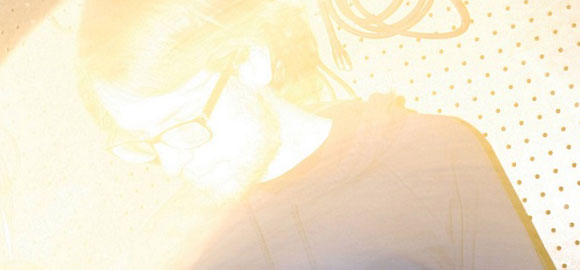Q&A: Ben Tundra of Tundra Dubs Records
Since its beginnings, witch house has been a genre that has either been vehemently dismissed or met with enthusiastic praise. However, Bay Area record label Tundra Dubs, a boutique label that specializes in the subgenre founded by Ben Tundra, has been going strong since it’s inception exactly one year ago.
What was the inspiration behind starting Tundra Dubs?
The inspiration was the fact that I had a lot of talented friends making music who weren’t releasing anything. At this point last year, there was only a couple (maybe three or four) serious labels releasing witch house and it’s related niches. I saw an opportunity to get into something at the ground level and took the chance.
What has been the biggest challenge thus far?
The biggest challenge so far has been the financial aspect. I have a lot of projects I’d like to do but simply can’t because of the money that would be needed. However, considering I’ve only been around for a year, I think I’ve been pretty lucky with how Tundra’s been accepted and viewed. Some people are still scoffing or writing off the scene or sound, but I think that’s going to come to an end at some point.
How do you look for artists to put on the label?
When I was planning the label, I literally trolled SoundCloud all day for a few months and just downloaded demos. That’s how I found almost every early Tundra release. I’d download demos and, if I liked them, I contacted the producers and asked how they thought about doing a release. At this point, I’d say 90 percent of the music I release is people my friends refer to me. The other 10 percent is demos that are submitted to me.
What drew you to the witch house genre?
I think what initially drew me to it was the weird blend between goth aesthetics/imagery and the varied inspirations that most of the time did not have anything goth associated with it. I’d see SoundClouds of really unknown producers from all over Europe and the U.S. meshing house, UK garage/funky, trance, hip-hop and any other musical style they wanted into one (sometimes) cohesive tracks. The great thing at the time, too, was that all these different styles and producers were calling themselves “witch house,” so it was easy to see a mix or track tagged as “witch house” and just get into it. I also thought it was the first truly Internet genre where people in Denmark were getting into it at the same as someone in Mexico or the United States. Everyone was more or less on the same page.
